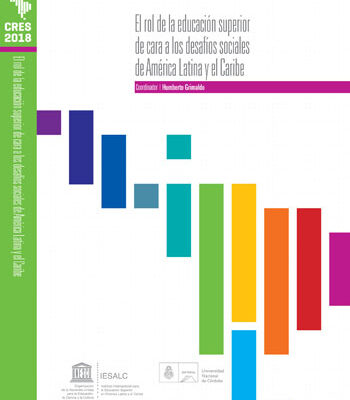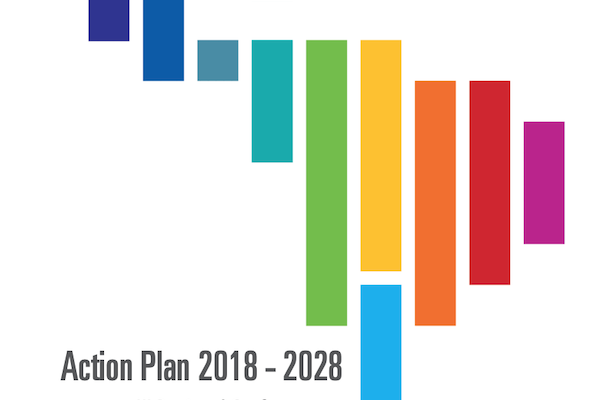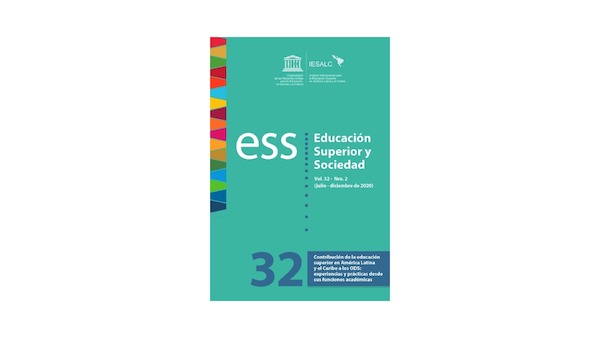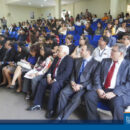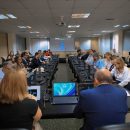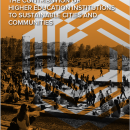Global education monitoring report 2020 – Latin America and the Caribbean: inclusion and education: all means all, key messages and recommendations
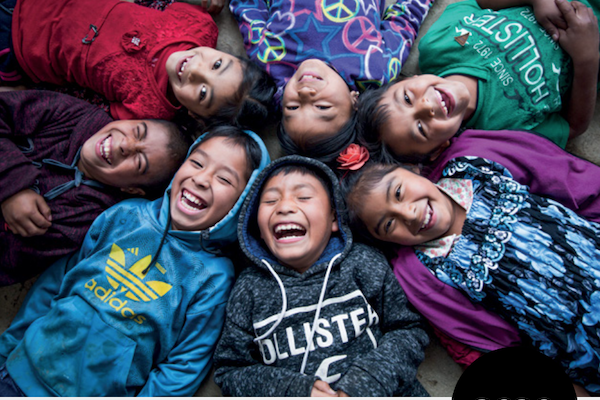
Latin America and the Caribbean is the region with the largest and most challenging socio-economic inequality in the world. Education systems reflect the highly unequal societies in which they are located. This report focuses on groups at risk of education exclusion as a result of gender, remoteness, poverty, disability, ethnicity, language, migration, displacement, incarceration, sexual orientation, or gender identity and expression. The research used the country profiles in the PEER website and 29 country case studies, which inquire into the challenges and experiences of inclusion in education from the point of view of legal and policy frameworks, governance and financing, curriculum and teaching materials, teachers, learning environments, and the contributions of communities, parents and students.
The report shows that identity, background and ability dictate many of the opportunities that children and young people will have during their education trajectories. For instance, indigenous peoples are among the most disadvantaged and have lower achievement and literacy rates than non-indigenous populations. Exclusion often occurs within the school, making teachers, school ethos and pedagogical practices key elements of the solution for building a more inclusive approach. One out of every two young people in the region does not reach a minimum level of proficiency in reading. The disadvantaged are far more affected. However, this problem will not be addressed only with technical solutions. Stigma, stereotypes and discrimination also affect the opportunity to learn. These challenges can be tackled only with inclusion in and through education.
RELATED ITEMS

